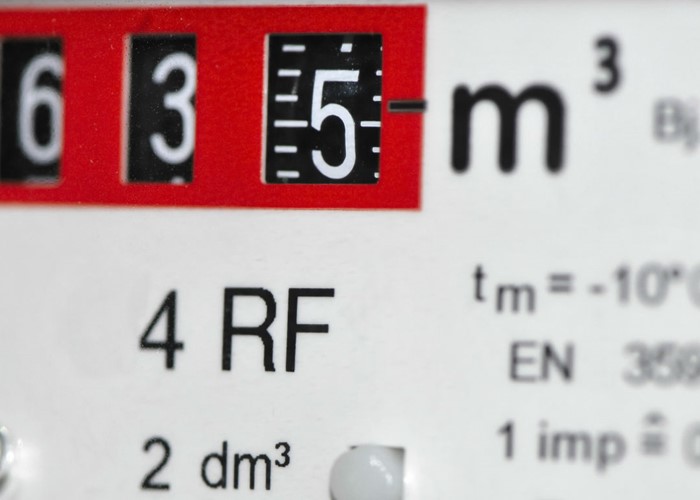British Gas suspends staff over energy sales at the supermarket

British Gas has suspended some of its staff from selling energy plans in Sainsbury's stores. Is it ever a good idea to sign up at the supermarket?
British Gas has suspended more than 40 members of staff who sell gas and electricity contracts to shoppers in Sainsbury’s.
British Gas says the sales staff have been suspended for 'allegedly submitting inaccurate customer details in order to falsely claim commission from British Gas."
The company has emphasised that the sales staff haven't been engaged in inappropriate sales tactics. What's more, no customer has lost money as a result of what has happened.
From the doorstep to the supermarket?
That said, we'd never recommend someone to switch energy supplier when you're out shopping. To explain why, let's go back to the doorstep selling scandal.
This was when doorstep sales staff encouraged households to sign up to a new supplier on the spot. Those households often then found themselves paying more money for their gas and electricity.
Ofgem has investigated a number of the major energy suppliers over their sales practices in the past and at the start of this month E.On became the final member of the ‘big six’ to announce it would end doorstep selling.
However, all the major suppliers have been very clear that they would continue to sell in retail venues – including supermarkets and shopping centres.
That's worrying because, in some ways, a shopping centre sale is potentially more dangerous than a doorstep one.
That’s because most shoppers won't have their energy bill with them when they're approached by sales staff. And if you don't have your bill with you, you may not know whether you're being offered a deal that is actually cheaper than your current tariff.
Indeed, last November an investigation by consumer group Which? showed that energy sales in various supermarkets were riddled with problems.
Only a small minority of the salespeople put to the test asked which tariff the customer was currently on, while savings between £20 and £142 were quoted when customers were actually likely to have been between £40 and £300 worse off. The majority of salespeople offered a choice of one single tariff.
Time to switch?
A poor start with the summer weather saw many households turning on the heating – read more in Dismal summer weather pushes our energy bills up 200% - so make sure you’re on the most competitive deal you can be ahead of winter and in case the cold spells return.
The big six are offering to fix or cap prices for at least a year. To see if you can benefit, use our free service to compare energy tariffs and then apply online or over the phone. You can also search for companies based on customer service ratings, which might be worth considering after reading Spark Energy fails to communicate.
Penalties for switching?
If you switch suppliers and then regret it a few months down the line, you could be hit with termination fees for some tariffs if you then try to cancel the plan.
For example, with Sainsbury’s Energy, duel fuel customers face cancellation fees of up to £100 depending on the type of tariff (there are no cancellation fees for the Clear & Simple plan). Or with npower’s Go-Fix 12 duel-fuel customers would incur a £40 penalty (but there’s no penalty for the Bill Saver August 2013).
If you switched to any new supplier recently and have changed your mind, remember you can take advantage of the company’s ‘cooling-off’ period, allowing you to cancel without penalty. Usually you would have one or two weeks to do this.
Termination fees for gas and electricity, also known as exit fees, aren’t unusual if you try to cancel within a set time-frame, but it doesn’t apply to all tariffs.
Tips for switching
Remember that the right plan for your household will depend on a number of factors – including how you’re able to pay and whether you want a fixed or variable plan.
When comparing deals, make sure you have a bill or annual statement from your existing supplier. Results will be more accurate if you can calculate energy consumption or the cost over a whole year, because you use more energy in winter and less in summer.
The cheapest deals are usually available to people with online tariffs and who pay by monthly direct debit, so think about paying this way if you’re not already. Find out how to cut your energy bills further with our handy guide.
Get the best energy deals with lovemoney.com
More on energy:
First Utility launches UK's cheapest energy deal
British Gas unveils remote control to help you cut your energy bills
Comments
Be the first to comment
Do you want to comment on this article? You need to be signed in for this feature